There are many compelling reasons to buy a condo in Phuket, from the island’s year-round tropical appeal to its strong rental market and long-term capital growth potential. As one of the most popular and cost-effective property options for foreign buyers, condominiums offer both lifestyle benefits and solid investment value.
Here are 10 smart reasons why investing in a Phuket condo might be the right move for you:
1. Foreign Freehold Ownership is Possible
Unlike landed property, foreigners can legally own condominiums in Phuket under their own name, as long as the 49% foreign quota in the project hasn’t been reached. This legal clarity makes condos one of the safest options for international buyers. Probably one of the most compelling reasons to buy a condo in Phuket.
You can view all the Phuket Condos for Sale here
2. Lower Entry Prices Compared to Villas
This is another major factor when looking at reasons to buy a condo in Phuket. Condos generally require a much lower financial outlay than villas. This makes them ideal for first-time buyers, investors seeking rental yield, or those looking for a part-time holiday home without overcommitting financially.
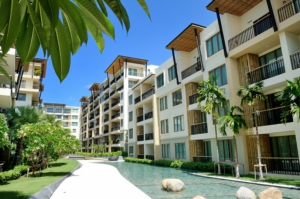
3. Easy to Rent Out
Condos in prime Phuket locations tend to attract both short-term holidaymakers and long-term expats. With professional rental management often available onsite, earning passive income is both easy and hands-free.
4. Lower Ongoing Maintenance Costs
Condominiums share maintenance expenses through monthly common area fees. This covers cleaning, landscaping, pool upkeep, and security — reducing the burden of personal responsibility and surprise repair costs.
5. Central Locations Close to Amenities: One of the Great Reasons to Buy a Condo in Phuket
Many condos are located within walking distance of beaches, shops, restaurants, and nightlife. For those who don’t want to rely on a car, or prefer convenience, this lifestyle is a major drawcard.
6. Security and Peace of Mind
Most Phuket condos offer 24-hour security, keycard entry systems, CCTV, and staffed reception areas. This makes them ideal for lock-up-and-leave buyers or those concerned about security when away.
7. Modern Facilities and Lifestyle Benefits: One of the Most Attractive Reasons to Buy a Condo in Phuket
Phuket condominiums often include resort-style features: swimming pools, fitness centres, saunas, co-working lounges, and even cafés or rooftop terraces, giving owners a true lifestyle experience.
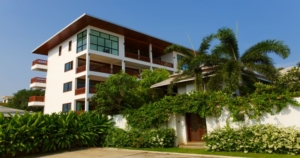
8. No Need to Manage Staff or Gardens
Unlike villas that may require gardeners, maids, or pool technicians, condo owners are freed from day-to-day staff management, making them ideal for retirees or absentee owners.
9. Ideal for First-Time Buyers in Phuket
For newcomers unfamiliar with Thai property law, buying a condo is often less complex and involves fewer risks than purchasing land. This makes it a great entry point into the Phuket real estate market.
10. Resale Potential and Capital Appreciation
In high-demand areas like Nai Harn, Rawai, Kata, Kamala, or Surin, well-maintained condos in desirable projects tend to appreciate steadily in value — and are easy to resell, especially if they are foreign freehold.
Final Thoughts On Reasons to Buy a Condo in Phuket
Phuket condos offer flexibility, legal clarity, and low-stress ownership. Whether you’re looking for a rental investment, a lifestyle upgrade, or a future retirement base, a condo can be the perfect fit.
All the benefits of foreign freehold condominium ownership listed above are made all the more significant by the fact that your ownership of the property in question is complete and in perpetuity. This is much better than a leasehold condo unit, which isn’t real ownership.
You may want to read this article on what leasehold in Thailand really is:
What Exactly is a Leasehold in Thailand?
Explore available Phuket Condos for Sale or get in touch with our team for tailored guidance.
Thinking About Buying a Condo in Phuket?
Whether you’re seeking an affordable holiday home, a rental investment, or a low-maintenance lifestyle near the beach — Phuket has a condo to match your goals. With decades of experience in the local market, Thai Residential can guide you toward the best developments, legal ownership structures, and value-for-money deals.
Explore more helpful resources:
Get in Touch | Call Now On: +66 9484 11918
Have questions or need personal advice? Contact us today for a no-obligation consultation.
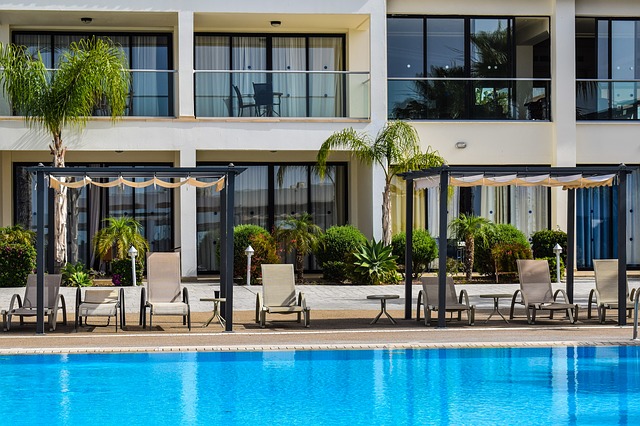

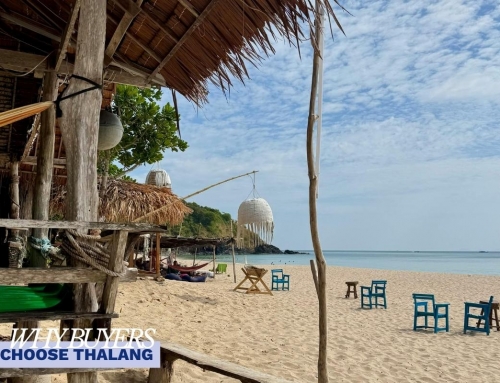
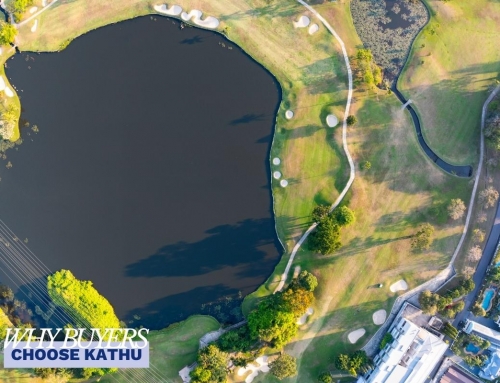

Social Contact